‘Talking shop for past-it politicians’: BBC’s new political editor railed against Lords in student article
The House of Lords is full of ‘unelected know-it-alls’, a young Chris Mason wrote
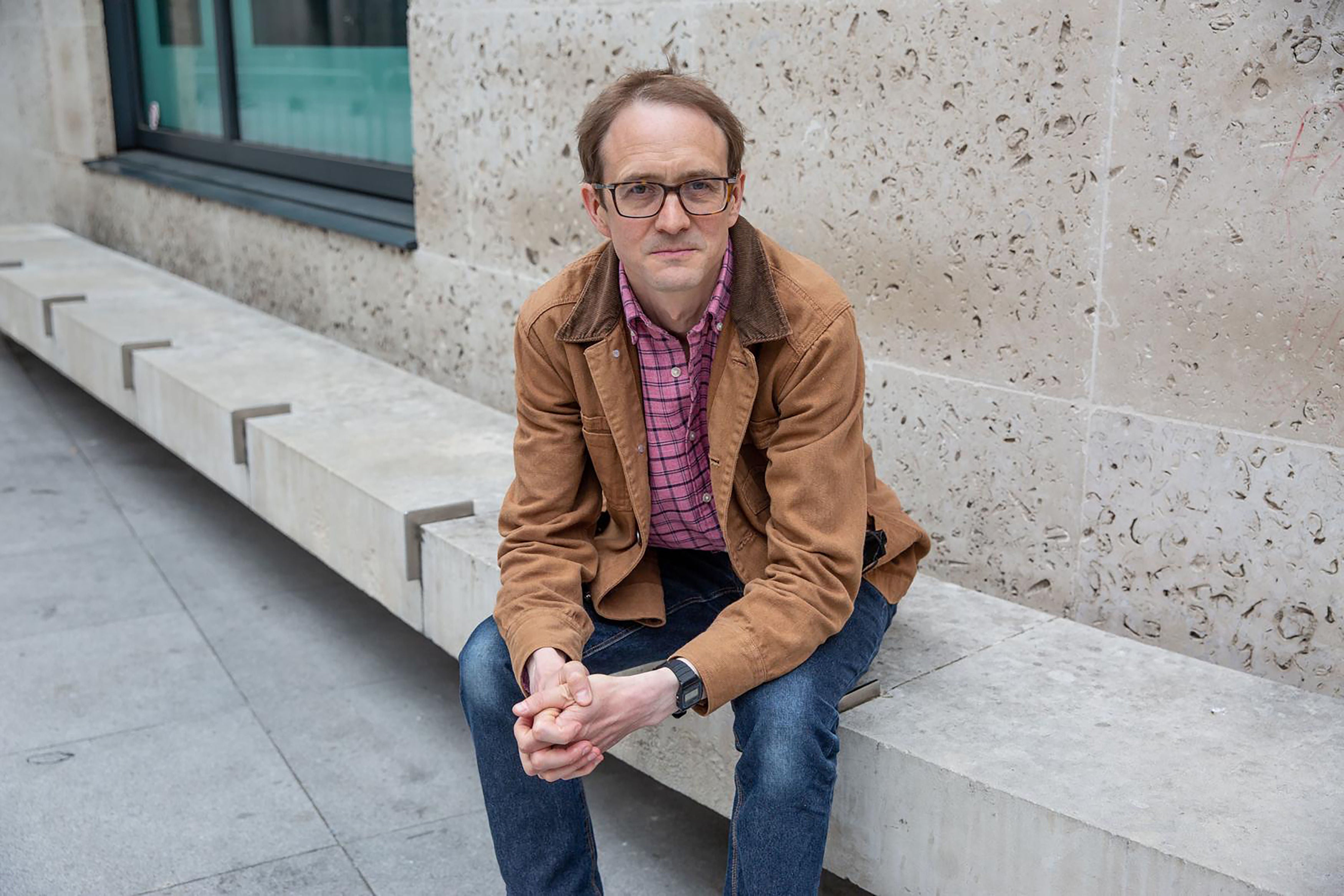
As the BBC’s new political editor, Chris Mason will likely have his every word scrutinised for any sign of bias.
But pieces written when he was a student show that the corporation’s star Westminster journalist didn’t always have to be so impartial.
One article written by Mr Mason for his student paper at Cambridge University, revealed his particular disdain for the House of Lords – labelling it a “talking shop for past-it politicians and do-gooders in high places”.
The Independent has unearthed the comments after Mr Mason was unveiled as the BBC’s new political editor, taking over from Laura Kuenssberg.
Mason, who currently hosts Radio 4’s Any Questions?, has been praised for his “calm, incisive analysis and signature candid style” and was reportedly considered a safe pair of hands by BBC executives for the tough job of political editor.
A keen student journalist, the Yorkshireman co-founded The Cambridge Student newspaper in the winter of 1999, and alternated between the roles of Deputy Editor, Associate Editor, and a member on the editorial advisory board.
In an interview Mason landed with Margaret Thatcher’s former chancellor Norman Lamont for the paper’s 3 October 2000 edition, he offered his own opinion of parliament’s second chamber.
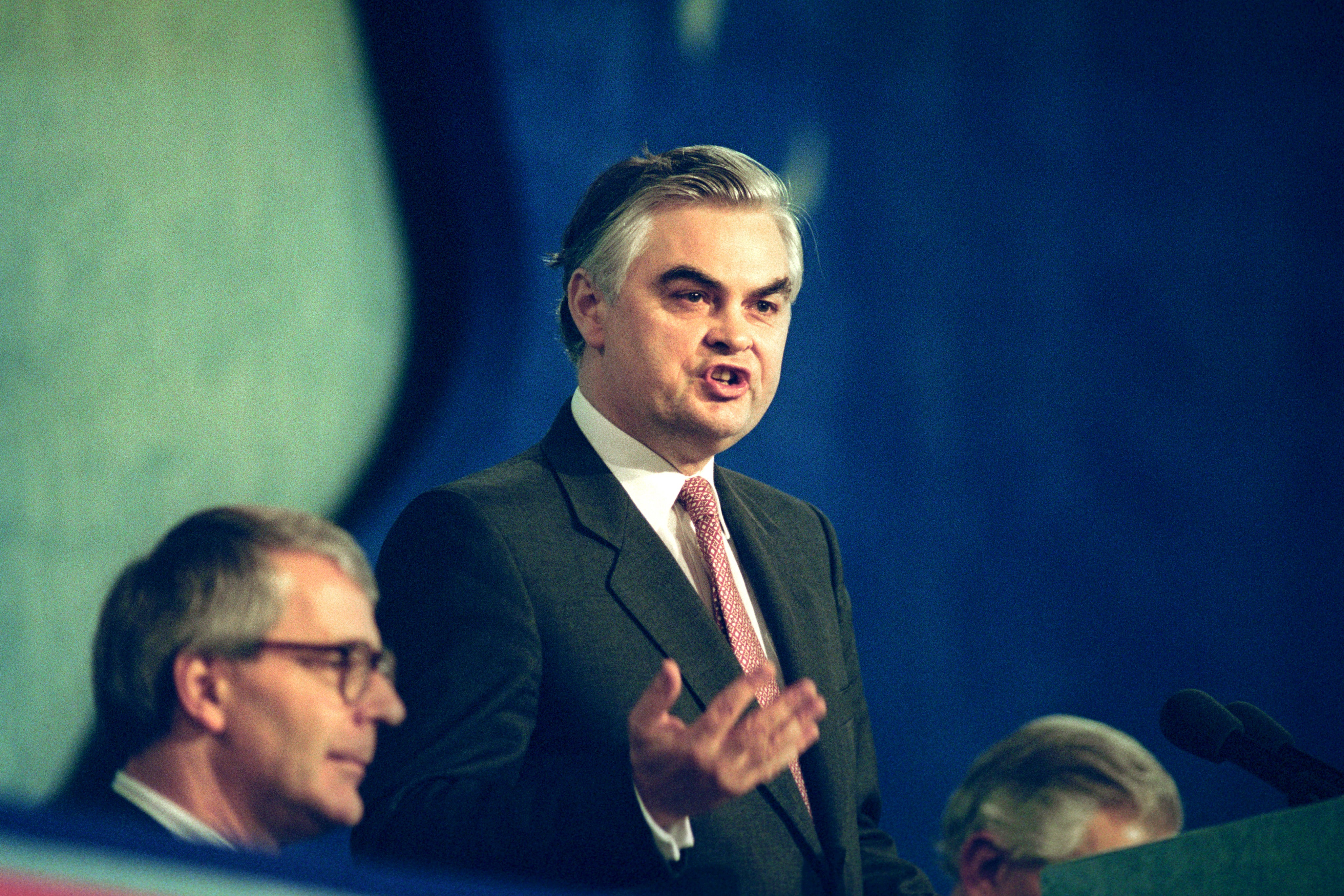
Mason wrote: “...I am still to be convinced that the House of Lords is anything more than an anachronistic talking shop for past-it politicians and do-gooders in high places. A political departure lounge for the unelected know-it-alls of yesteryear.”
Earlier in the piece, Mr Mason had asked Lord Lamont for his views on the House of Lords, given he had been made a life peer only two years previously.
Mr Mason wrote up the exchange as follows. “In a way, the House of Lords is a nonsense,” he mutters in my earlier one-to-one discussion, as I wait for the inevitable turn of phrase.
“But when you begin to think of the alternatives, it becomes rather like Churchill’s remark about democracy; ‘it’s the worst system apart from all the others.’”
“So why not strip away all this cringeworthy cronyism and have an elected second chamber, as Charles Kennedy, the Liberal Democrat leader, has advocated?” Mr Mason asked.
The Tory peer replied: “The House of Lords has many members who have great experience or knowledge.”
Mr Mason, who will start his job as the BBC’s political editor after the May elections, emerged as the front-runner when the corporation’s bosses allegedly started to worry that he could be lured away to rivals.
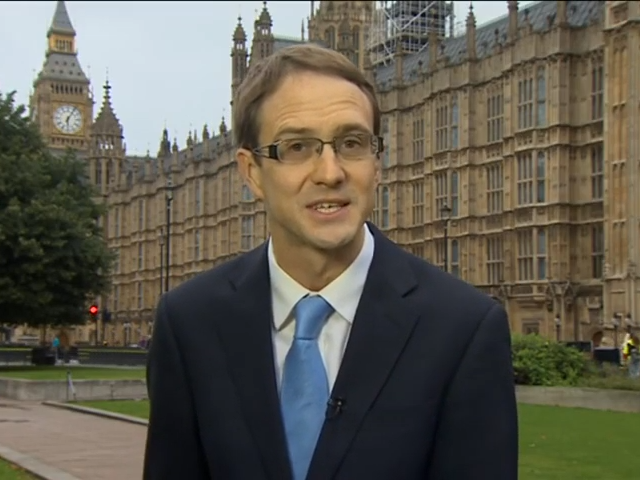
He took part in the student radio, TV and newspaper, while studying Geography at Cambridge from 1999 to 2001.
On leaving the Cambridge bubble, he kick-started his career as a trainee at ITN before moving to BBC Radio Newcastle a year later.
He has spent almost two decades at the BBC and described his new gig as “the most extraordinary job in British broadcasting and journalism”.
On news of the appointment, interim director of BBC News Jonathan Munro said: “Chris has been an exceptional correspondent in an extraordinary time for British politics.
“His calm, incisive analysis and signature candid style have been invaluable for audiences when navigating complex stories.”
“I always wanted to be a reporter when I was growing up in Grassington, in the Yorkshire Dales,” Mason told the Royal Geographical Society’s podcast. “I always dreamed of being a news reporter, it was as simple as that.”
“I never wanted to do anything else,” he added.
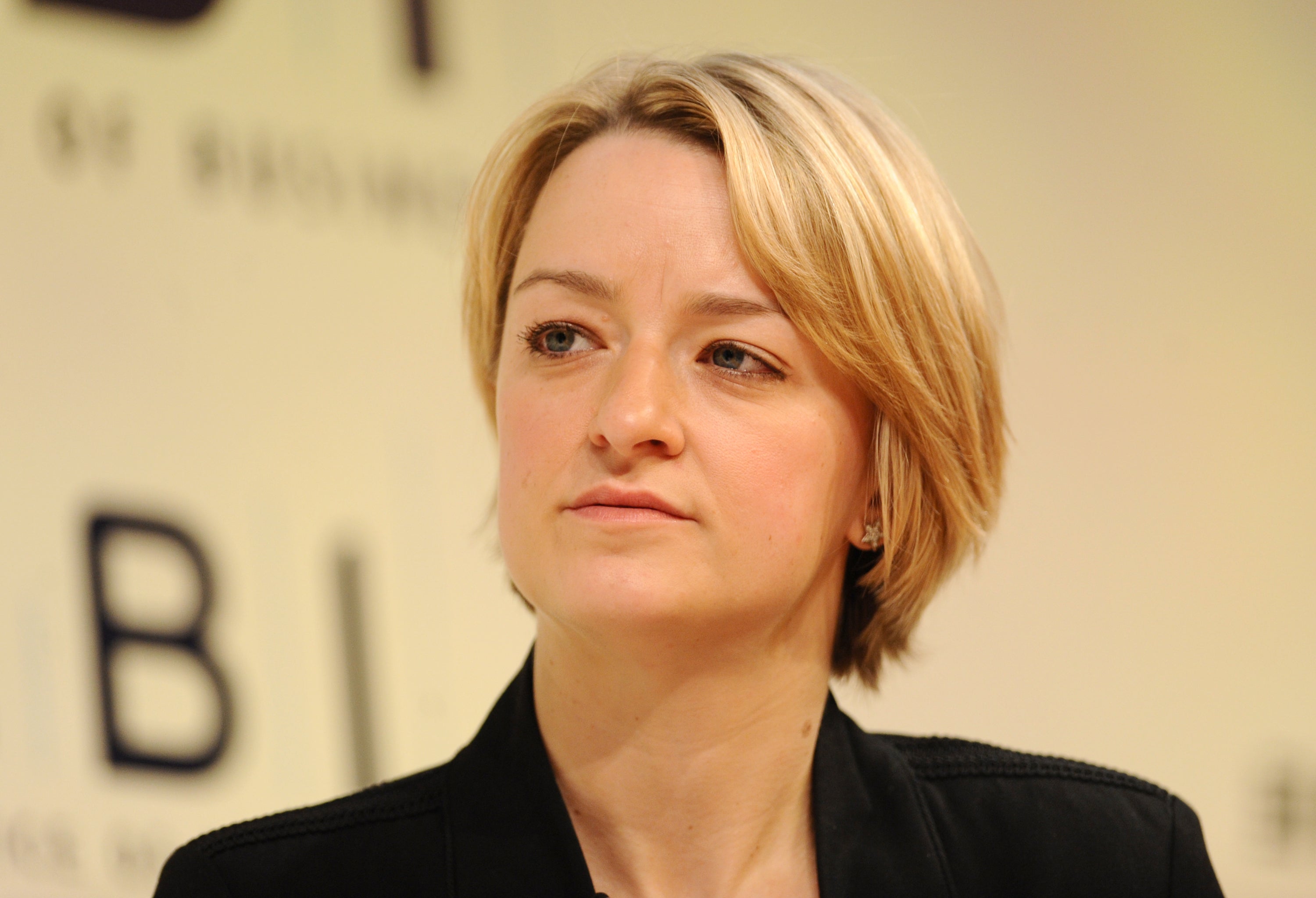
Speaking about his student journalism days, he said: “Student newspapers, student radio, student TV, I did all of those, and I did regard them as being as important – certainly up until the last year – as the formal work side of things.”
One friend who has known Mr Mason since university told The Guardian: “He’s basically been a 50-year-old man since he was a student.”
In fact, Mr Mason does seem to have been quite a serious student.
In November 1999 an editorial was written by one ‘CRM’ – thought to be the young Mason, who was Deputy Editor of The Cambridge Student at the time.
The writer bemoaned the coverage of Cherie Blair’s pregnancy, suggesting: “Whilst parliamentary time ticks away on these trivialities, we are being distracted from focusing on what should really be of concern. Like higher education funding. Or the NHS. Or welfare reform. Or transport issues.
“If half of Amazonia has been wasted on a combination of a pregnancy and the preliminary stages of an election campaign which only concerns a fraction of the country, just how many worthwhile debates could have happened instead?”
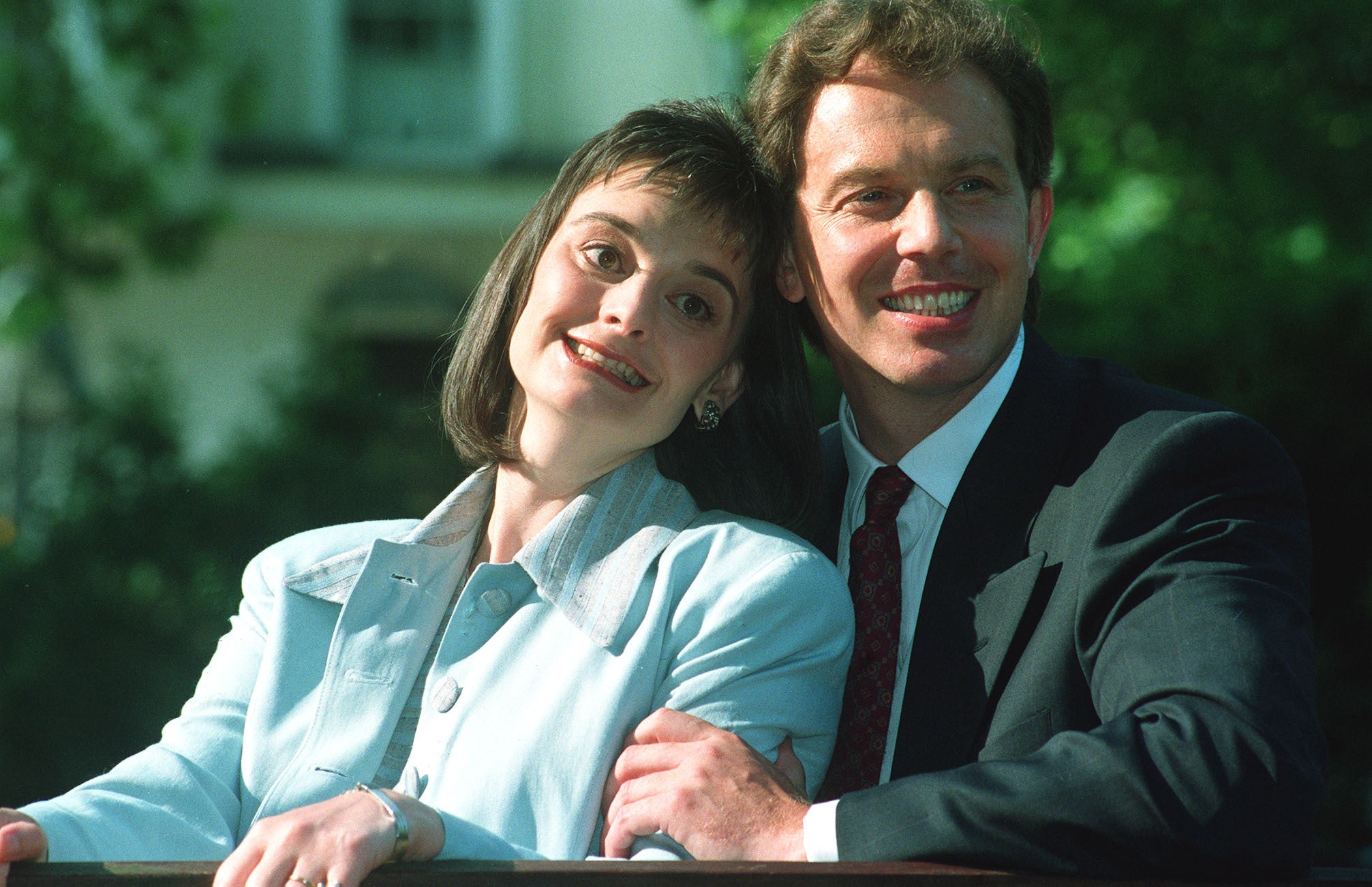
The writer also criticised the London-centric focus of the Blair government, writing: “If the true importance of the regions is at the heart of New Labour, I fail to see their logic for giving London so much attention.
“Tony, if this the real devolution bandwagon, any chance I could get off?”
The young journalist was equally critical of William Hague’s Conservative opposition.
In one column, written in January 2000, Mason summed up the then-Conservative Chairman Michael Ancram’s appearance on BBC Radio Five Live’s Breakfast Programme.
“Earlier, poor Chairman Michael Ancram had had a rough ride with Andrew Neil on the Breakfast Programme on BBC Radio Five Live. With Neil pinning him down on how the Conservatives would respond to the NHS crisis, the hapless Tory seemed to have no policies or ideas with which to respond.
“Perhaps he hadn’t expected such a grilling at 8am on a Sunday. Or perhaps the Tories don’t have much of a health policy. I’d guess the later,” Mason concluded.
The BBC said: “We’re not going to comment on or debate student journalism which belongs in the common room of 20 years ago.”
Join our commenting forum
Join thought-provoking conversations, follow other Independent readers and see their replies
Comments
Bookmark popover
Removed from bookmarks